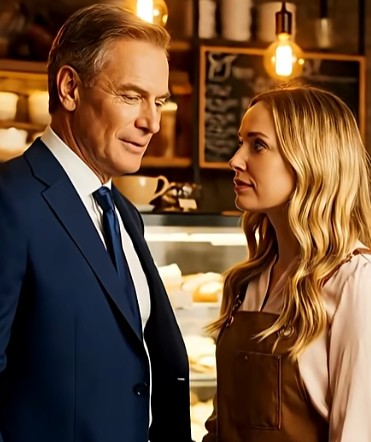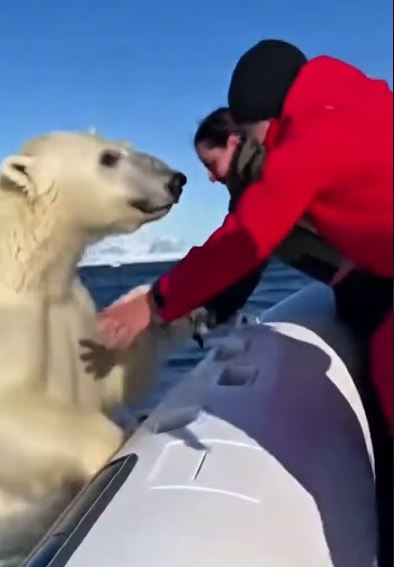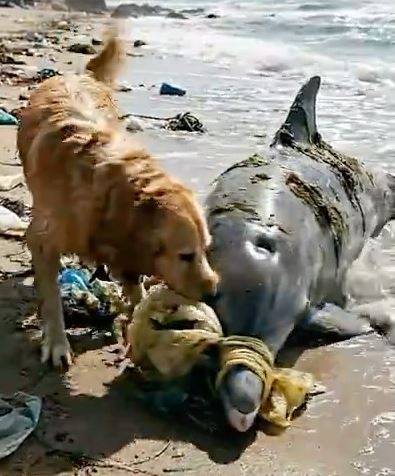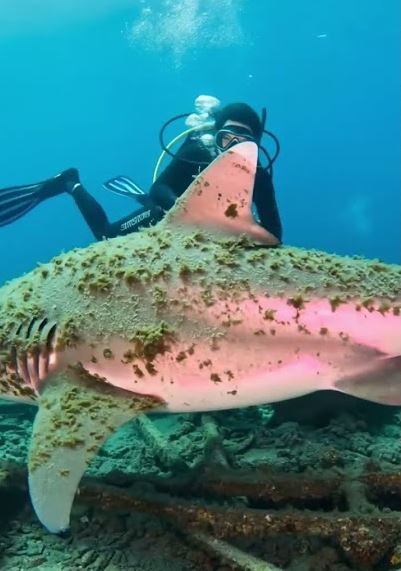Kindness used to come naturally to her. It was part of her identity, something she offered freely without expecting anything in return.
But over time, the world began to wear her down.
One morning, she watched a man rush past her, drop his wallet, and continue walking. She picked it up, called after him, and hoped he would appreciate the gesture. Instead, he grabbed the wallet from her hand without even looking at her.
The moment stung more than she expected.
Not because she wanted praise, but because basic respect had vanished.
Later that afternoon, she noticed a tired man sitting outside the restaurant where she worked. His clothes were worn, and his expression carried the weight of someone who hadn’t felt safe in a long time. She went back inside, ordered a warm meal with her own money, and brought it to him.
He disappeared before she could return with water.
Another act of kindness, forgotten in seconds.
When a young boy asked her for the water bottle she was holding, she offered it gladly. He ran off with the same silence she was beginning to resent. It felt like each gesture chipped away at her hope that kindness mattered.
A quiet thought formed in her mind.
“Maybe I should stop trying.”
Days passed, and she forced herself to stay polite but distant. The warmth she once carried now felt dim. She moved through her shifts like a machine, careful not to be too kind or too open.
One busy afternoon, a woman approached the counter clutching a small purse. She counted her money twice before whispering, “I’m two dollars short. Could I still buy the meal?”
Her voice trembled with embarrassment.
The waiter beside her shook his head firmly. “No. Full amount only.”
The woman lowered her gaze and stepped back, unsure of what to do.
Before the pain in her chest could fully settle, a customer at a nearby table gently spoke up. “I’ll cover it.” His tone was calm, almost familiar.
He was dressed neatly in a suit, someone who clearly didn’t struggle with a two-dollar loss. Still, his eyes held something softer. Something intentional.
After the woman left with her meal, he looked at the waitress. “You used to smile more. What happened?”
She hesitated. “Kindness feels useless,” she said. “People take advantage. They don’t care.”
It was a confession she didn’t even know she needed to say out loud.
The man reached into his coat and placed an envelope on the counter. “Then maybe this will remind you.”
Confused, she opened it. Inside was a check for ten thousand dollars.
She stared at him, stunned. “I don’t understand.”
“You helped me months ago,” he said. “I was the man sitting outside in the cold. You brought me food when no one else even looked at me.”
Her breath caught.
“You… you left before I came back.”
“I had no courage to face you,” he replied, “but I promised myself I would repay the moment you needed it.”
She felt her throat tighten. The forgotten act she assumed meant nothing had changed his life. He explained that her kindness had given him the strength to seek help, clean up, and rebuild the life he had nearly lost.
“I wanted to remind you,” he said gently. “Goodness doesn’t disappear. It always finds a way back.”
She wiped her eyes, realizing how wrongly she had judged the silence she once resented.
Not every thank-you is spoken.
Not every act is witnessed.
And not every seed of kindness grows in front of you.
But it grows.
From that day on, she carried a lighter heart. She learned that kindness is not measured by reactions or rewards. It is measured by intention, by the choice to remain good in a world that sometimes forgets to be.
And somewhere out there, someone remembers.
Someone still carries your kindness in their pocket like a small light.
A light that might guide them back to life.




